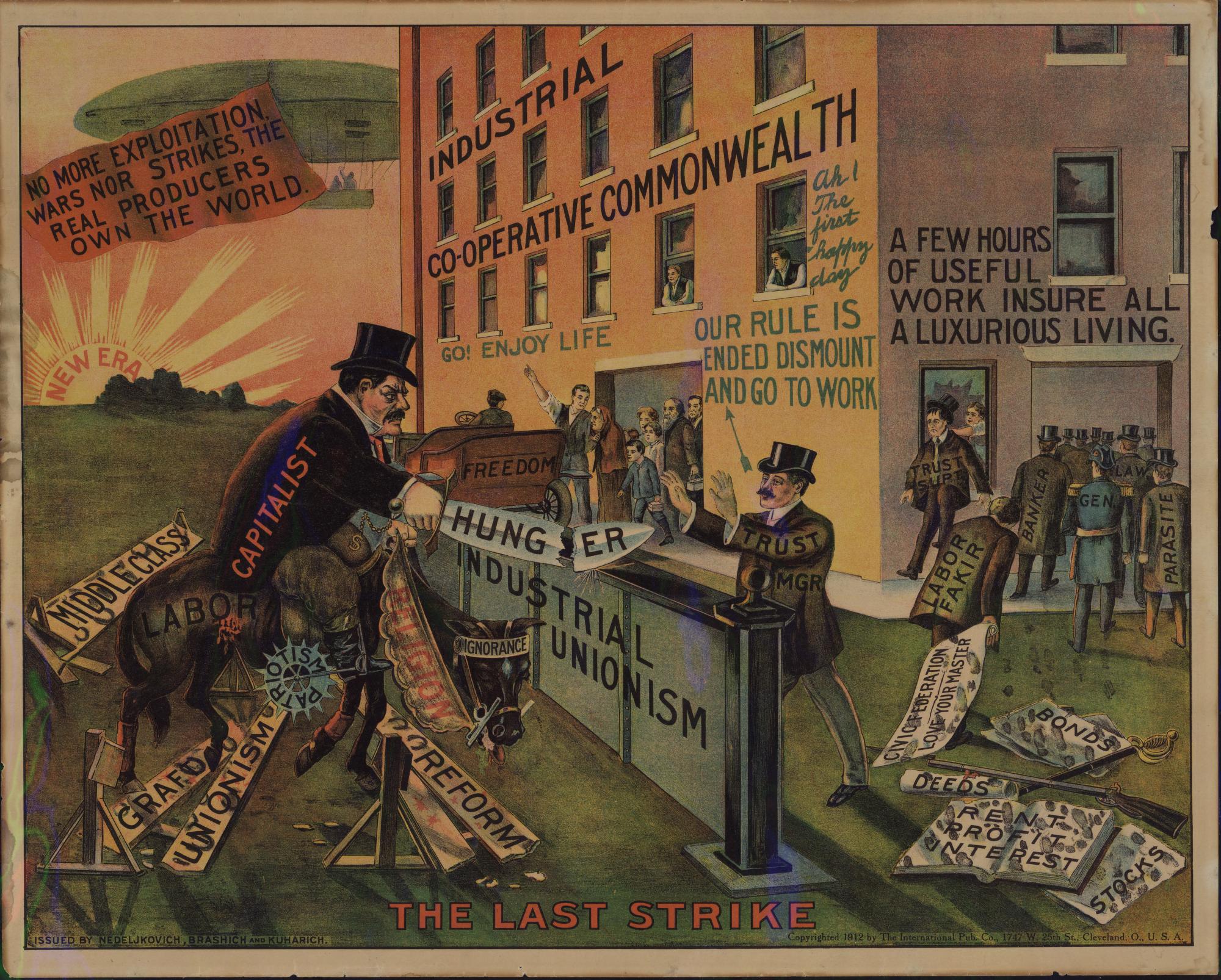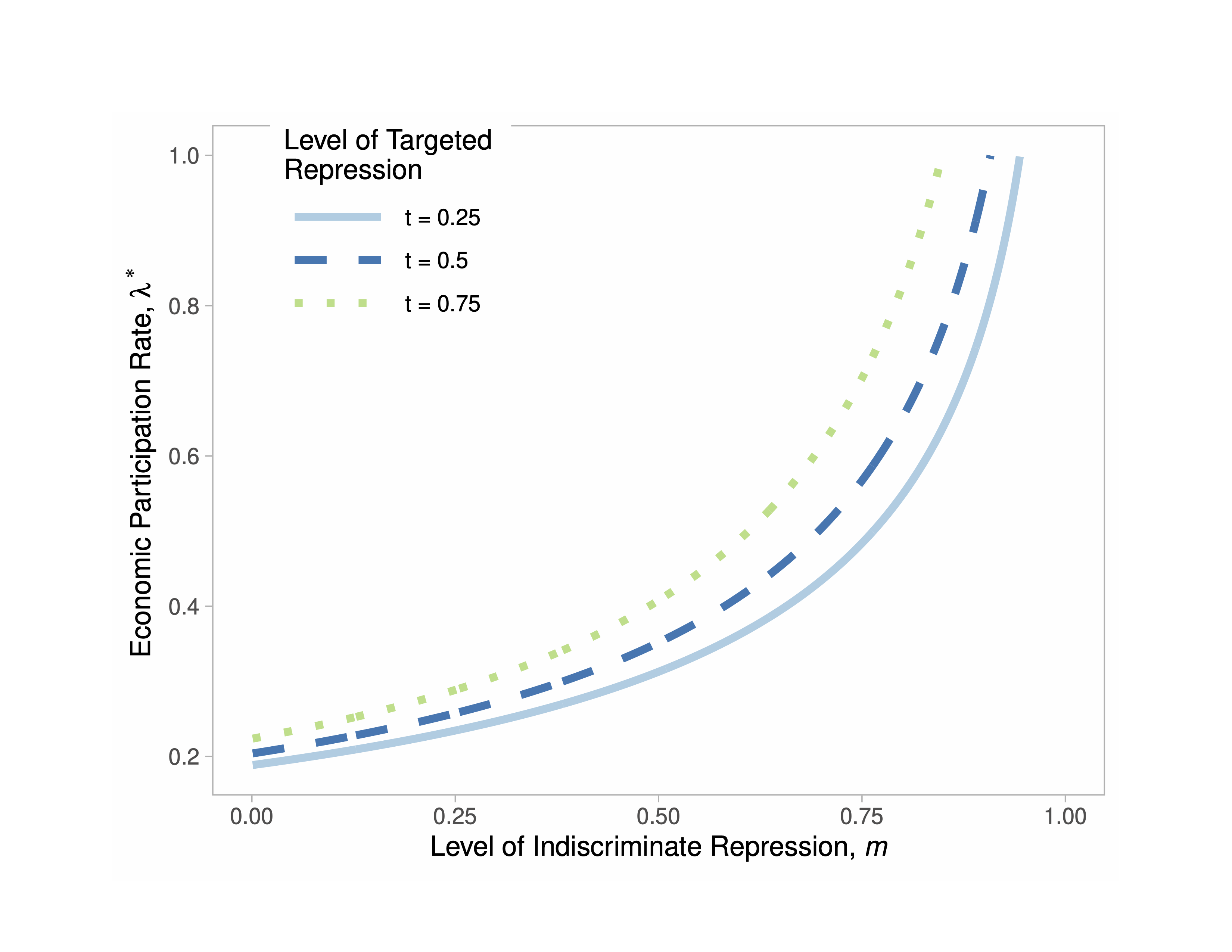Two upcoming decisions by the Supreme Court, Loper Bright Enterprises v. Raimondo and Securities and Exchange Commission v. Jarkesy, may significantly diminish the power of administrative agencies. The Heritage Foundation recently released a hypothetical agenda for a future Trump administration, entitled “Project 2025,” that proposes to empower the president to fire career bureaucrats. These are among today’s most salient threats to the federal bureaucracy (or “administrative state”)—the organizations within the executive branch to which Congress delegates policymaking authority.
Conservatives argue that the administrative state is anti-democratic. Bureaucrats are unelected, so shifting power back to elected officials (i.e., Congress or the president) furthers democracy. In response, defenders of the administrative state argue that it is actually necessary for democracy.
Federal bureaucrats hold scientific expertise on complex policy problems, while the public often lacks the information to achieve their goals. Voters may desire clean air, for instance, but how do we determine the precise regulatory limits on particulate matter? To implement popular policies like fighting air pollution, the public needs experts who understand the likely effects of alternative policy choices.
This is a prominent argument in contemporary discourse, but history tells a very different story about how the relationship between democracy and the administrative state was initially understood. In the late 19th century, liberal reformers who pioneered the idea of expert agencies sought to curtail, not expand, democracy. And the primary advantage they saw was not policy-relevant information, but rather the type of person who would be staffing agencies (i.e., credentialed, urban professionals like themselves). For these reformers, expert agencies solved a political problem, and they did so by constraining the power of popular movements of industrial workers and agrarian populists.
The liberals’ dilemma
After the Civil War, the US had as wide a suffrage as any society in history. Property restrictions for White men had been reduced prior to the Civil War, and racial restrictions were constitutionally prohibited in 1870. This democratic expansion alarmed many liberal reformers, who feared that demands for business regulation threatened “the security of all property,” as The Nation editor E. L. Godkin put it. At the same time, 19th century liberals were aware of the extensive and egregious corruption of newly powerful corporations, especially the railroads.
This created a dilemma. As one liberal reformer put it, “Two enemies, unknown before, have risen like spirits of darkness on our social and political horizon—an ignorant proletariat and a half-taught plutocracy.” Liberals sought to curb business abuses, but in a context of formal universal male suffrage, they feared empowering working class movements who openly opposed the wage system.
Expert agencies solved this dilemma. Liberal reformers of the late 19th century could support economic regulation through expert agencies even when they would not otherwise. In granting policymaking authority to experts (by definition, not industrial workers or farmers), agencies ameliorated liberal fears of the rising power of the labor and populist movements. For these liberals, the primary benefit of agencies was not superior technical knowledge, but having someone at the helm sharing their class and educational background—and aligned with their interest in curbing the power of business while keeping the populists in check.
Working class reform movements generally did not support expert agencies
In contrast to the liberals, agrarian populists and industrial workers generally opposed expert agencies. In the late 19th century, farmers typically demanded statutory reforms—clear, simple rules—not expert authority. As a populist leader in Congress declared, there was no need for “the assistance of any railroad expert.” Meanwhile, the labor movement rallied around the demand for an eight-hour day (obviously requiring no expertise). In the words of one historian, labor reformers generally emphasized “specific correctives on the operation of the free market.” Both workers and farmers referenced the idea of a “cooperative commonwealth,” which, while vague, involved local democratic institutions and economic cooperatives rather than expert policymaking by federal bureaucrats.
Nonetheless, populists were willing to accept economic reform through expert agencies if the alternative was no reform at all. Amid rising business power, liberals were only willing to join a coalition with populists if reform measures included agencies. Populists, especially in the South and West, provided the bulk of popular support for reform, but they lacked a legislative majority on their own. By the early 20th century, business was a sufficient threat to liberals that they were willing to join a reform coalition if reform was to be implemented through expert agencies. This constituted the emergence of the progressive coalition that transformed the American state in the early 20th century.
Fear of shifting power motivates institutional development
This history offers lessons for today. Like today, late 19th century American politics was highly polarized, with rising economic inequality and fierce conflicts over race and immigration. What broke this impasse in American politics was the emergence of a big, powerful coalition—the progressives—that crossed party lines. Implementing reform through expert agencies allowed this coalition to form.
Because institutions distribute power among groups, the kind of institutions through which policy is implemented—expert agencies, courts, private companies, religious organizations, or local democratic institutions—can alter the balance of power within a political coalition. Fear of shifting power can prevent the coalition from forming in the first place. For this reason, the institutions through which groups seek to implement their policy demands can allow a coalition to form today by guarding against the risk of future shifts in power. Thus, institutional innovation can solve bargaining problems within a coalition, allowing new coalitions to emerge and transform American politics.
Note
Fig. 1: “The Last Strike.” In the digital collection Political Posters, Labadie Collection, University of Michigan. https://quod.lib.umich.edu/l/lbc2ic/x-sclp1336/sclp_1336. University of Michigan Library Digital Collections.
This blog piece is based on the forthcoming Journal of Politics article “From Classical to Progressive Liberalism: Ideological Development and the Origins of the Administrative State” by David Foster and Joseph Warren.
The empirical analysis has been successfully replicated by the JOP and the replication files are available in the JOP Dataverse
About the Authors
David Foster is a Fellow at the London School of Economics and Political Science. This fall, he will be an Assistant Professor of Political Science at Florida State University. He studies executive power and American political institutions. For more information, visit his website, X and Bluesky.
Joseph Warren is an Assistant Professor of Political Science at the University of Alaska Anchorage. His research focuses on American political development, the state, and environmental politics. For more information, visit his website.




